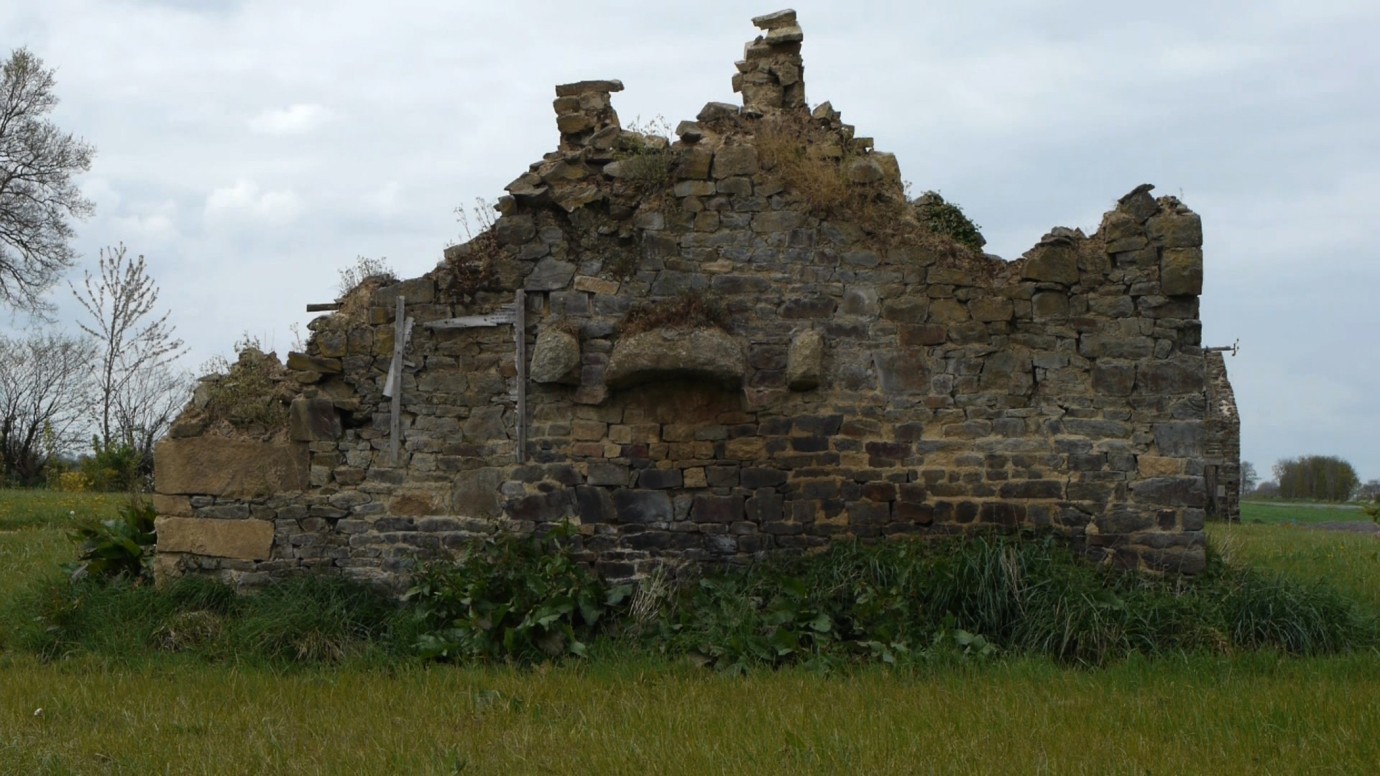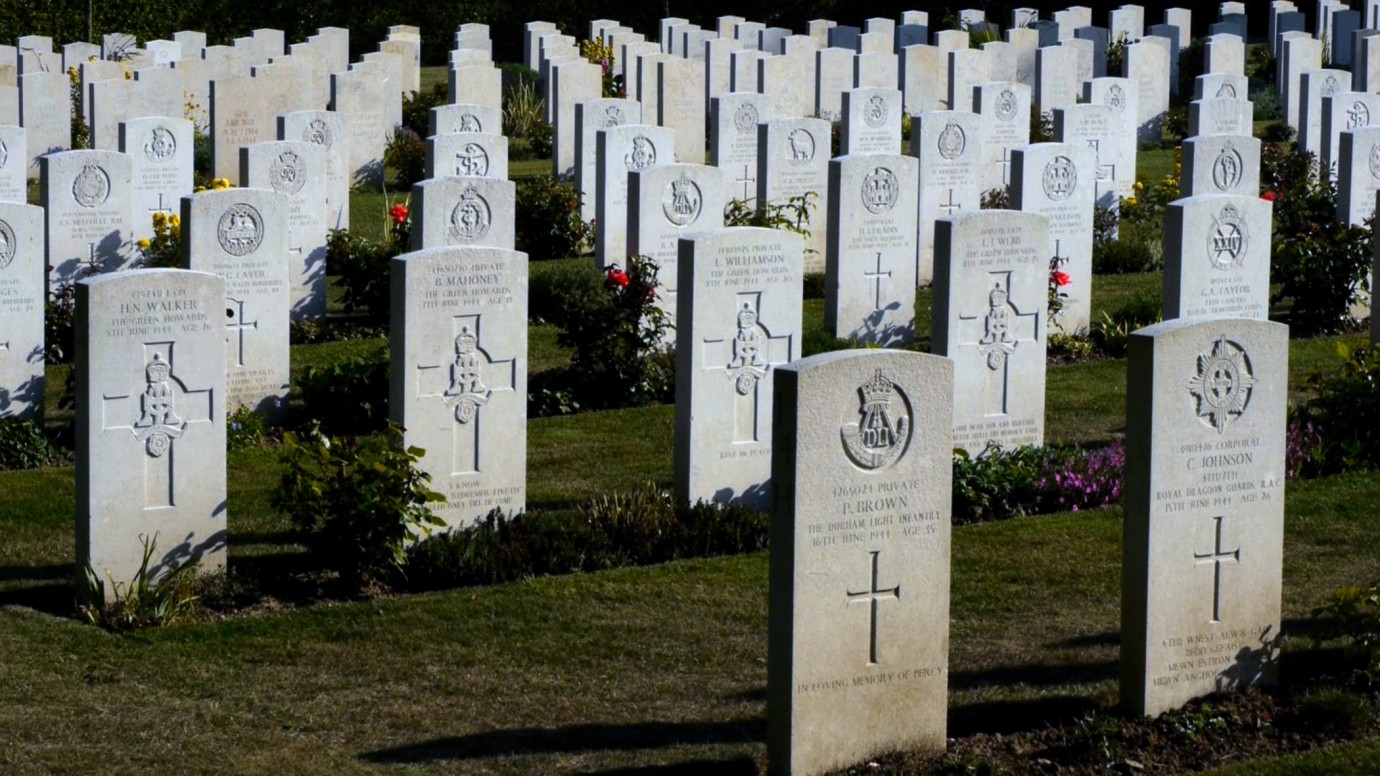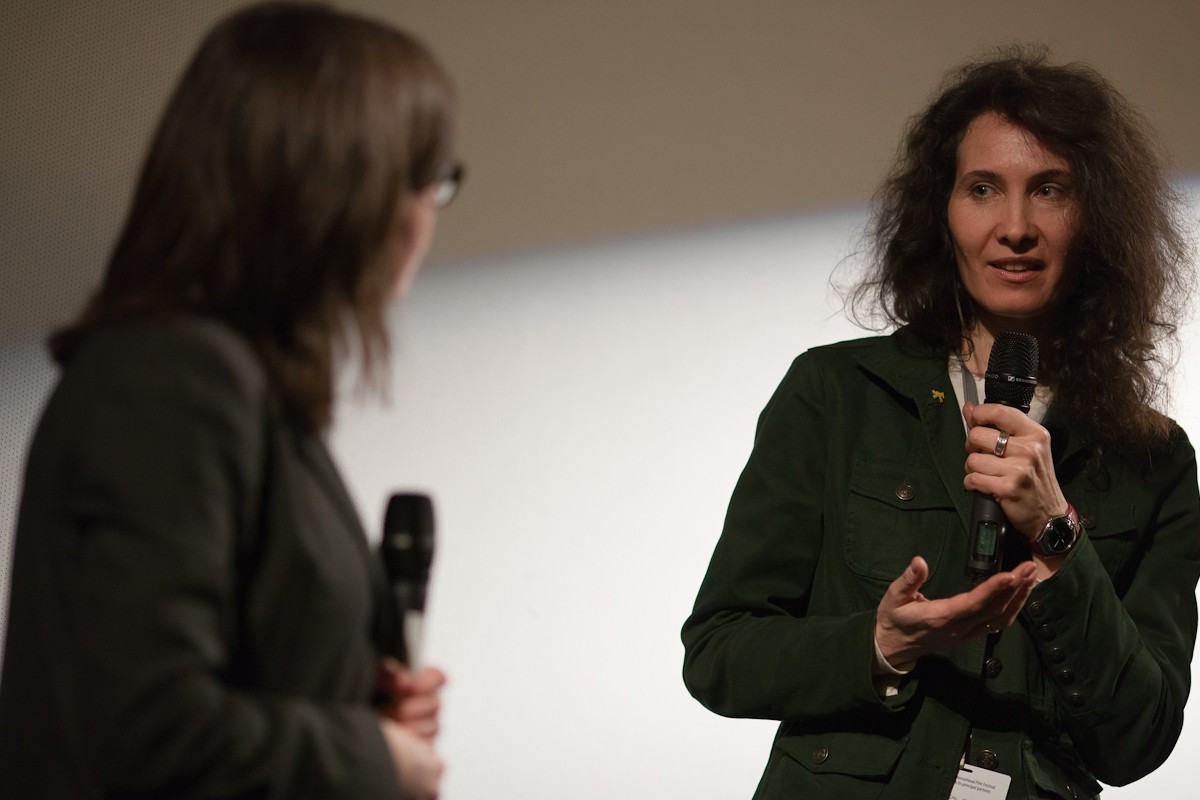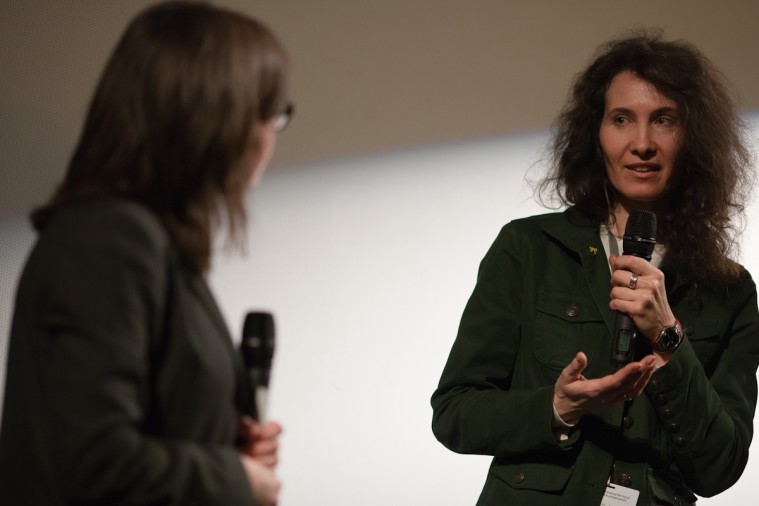Ce gigantesque retournement de la terre
This Gigantic Furrowing of the Ground

Ce gigantesque retournement de la terre | This Gigantic Furrowing of the Ground by Claire Angelini
FRA 2015, Forum
© Claire Angelini

Ce gigantesque retournement de la terre | This Gigantic Furrowing of the Ground by Claire Angelini
FRA 2015, Forum
© Claire Angelini

Claire Angelini
Ce gigantesque retournement de la terre | This Gigantic Furrowing of the Ground by Claire Angelini
FRA 2015, Forum
Additional information

Claire Angelini
The director of the French film.
Ce gigantesque retournement de la terre · Forum · Feb 11, 2015
